Alice Pagani has never been one to follow rules. Whether she’s walking a red carpet, commanding a camera’s gaze, or using her platform to champion individuality, she radiates a kind of energy that feels both modern and timeless — the kind that defines a generation. In just a few short years, she’s gone from a breakout Netflix actress to one of Italy’s most intriguing new stars, a name synonymous with artistry, authenticity, and fearless self-expression. Her rise has been anything but conventional, and that’s exactly what makes it remarkable.




Born in Ascoli Piceno, a small town in Italy, Alice Pagani’s beginnings were far from the glitz of the entertainment world she now inhabits. Like many young dreamers, she grew up in an environment where artistic ambition wasn’t always easy to pursue. But even early on, she carried within her a quiet determination — a belief that creativity could be a form of liberation. Before she ever stepped in front of a camera, she studied dance, developing a sense of discipline and physical expression that would later translate seamlessly into acting. That foundation became crucial when she began to explore the emotional complexity that would soon define her on-screen presence.
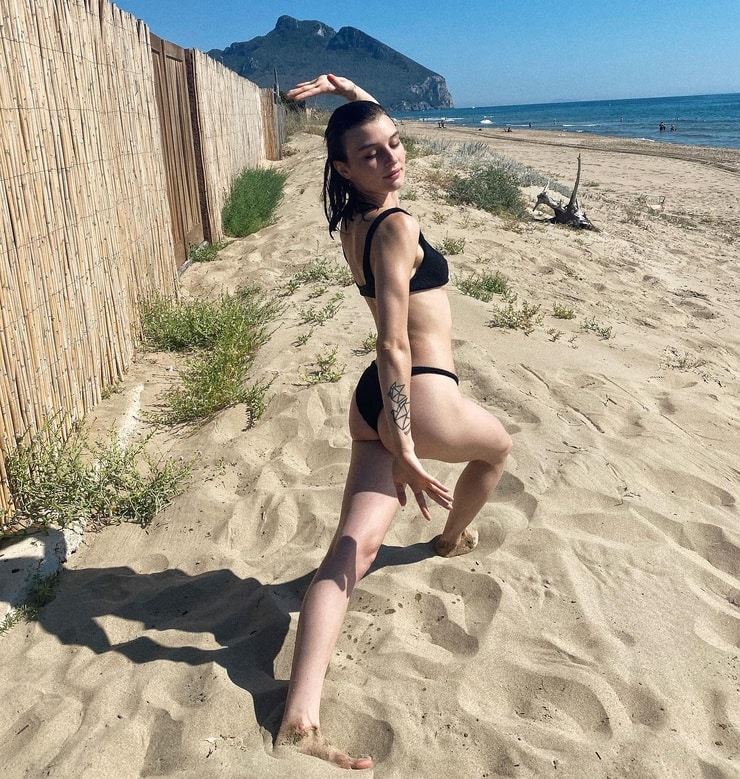


Her first real breakthrough came in 2018, when she starred in Loro, Paolo Sorrentino’s satirical film about the life of Silvio Berlusconi. Working with one of Italy’s most celebrated directors gave her the kind of visibility most young actors can only dream of, but it was her next role that would truly launch her into global recognition. Later that year, Pagani appeared as Ludovica Storti in Netflix’s Baby, a series inspired by real events that explored teenage rebellion, privilege, and identity in modern Rome. Her performance was raw, magnetic, and emotionally layered, capturing both vulnerability and defiance. The show resonated with a young international audience and quickly made her a recognizable face beyond Italy’s borders.



What stood out most about Pagani in Baby wasn’t just her acting talent, but her ability to convey realness in a world of artifice. She played Ludovica as both fragile and strong, a reflection of the contradictions that exist in all of us. The series may have been fictional, but her portrayal felt disarmingly honest — the kind of performance that makes viewers feel seen. It was clear from then on that Alice wasn’t just another actress riding the wave of a popular show; she was an artist with something to say.


As her fame grew, so did her refusal to conform. In an industry often obsessed with perfection, Alice Pagani has built her brand on authenticity. Her personal style — a mix of vintage-inspired elegance, punk rebellion, and effortless Italian chic — has made her a fashion muse in her own right. She’s collaborated with luxury houses like Gucci and Fendi, appearing in campaigns that celebrate individuality rather than conformity. What’s refreshing about Pagani is how naturally her sense of self translates across art, fashion, and culture. She’s never trying to fit a mold; she’s creating her own.
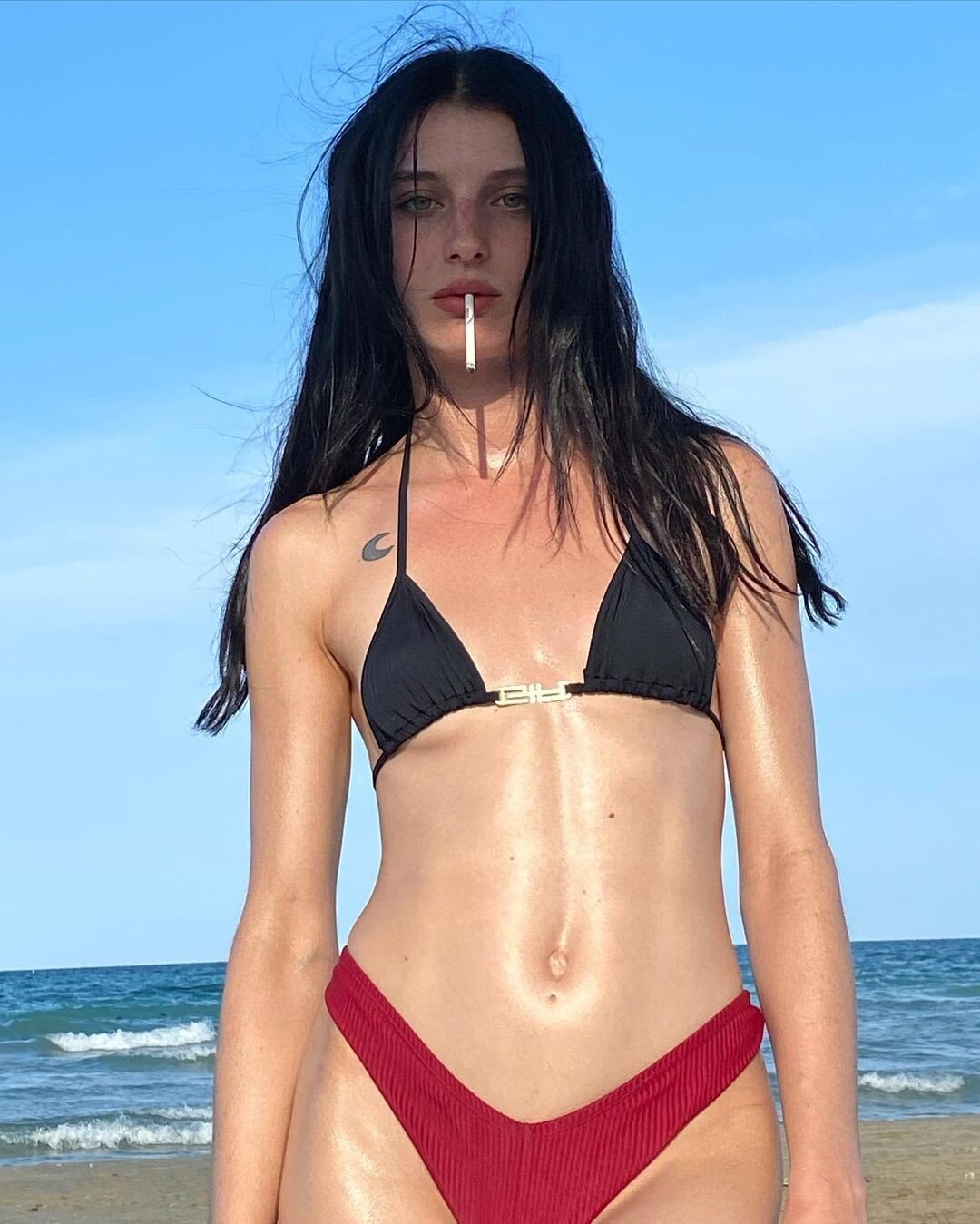


Beyond her aesthetic, Alice has used her growing platform to advocate for self-expression and self-acceptance. She’s been vocal about issues surrounding body image, identity, and the pressures of social media. In interviews, she’s often emphasized the importance of being unapologetically oneself, even when it goes against the grain. “Perfection is boring,” she once said. “I’m interested in truth — even when it’s messy.” That sentiment captures much of what defines her appeal. She represents a kind of modern femininity that’s grounded in honesty — bold, expressive, and never afraid of imperfection.



Pagani’s evolution as an actress reflects that same boldness. In 2021, she starred in Non Mi Uccidere, a dark, genre-bending love story that blended romance and gothic fantasy. The film showcased her range and her ability to carry emotionally intense narratives with depth and nuance. It was another turning point, proving she could lead complex, challenging projects that push artistic boundaries. Critics praised her performance for its intensity and emotional truth, further cementing her reputation as one of Italy’s most promising young talents.



Off-screen, Alice Pagani embodies the creative freedom of the new generation of European artists. She moves seamlessly between disciplines — acting, modeling, photography, and even music — treating each medium as a form of self-exploration. Her Instagram, followed by millions, feels less like a curated influencer feed and more like a personal journal of expression. There’s an authenticity to her posts, an intimacy that connects her with fans not as a distant celebrity, but as a real person navigating her own evolution. She’s part of a growing wave of artists redefining fame — one that prioritizes voice over image, substance over spectacle.



Part of what makes Alice’s rise so compelling is how she balances the local and the global. She remains deeply connected to her Italian roots, often celebrating her heritage in subtle ways — through language, art, and collaboration with Italian designers and filmmakers. Yet her appeal is unmistakably international. She’s become a symbol of the new Italy: modern, diverse, and creatively fearless. In an age when streaming platforms have made borders more porous than ever, Alice Pagani has emerged as one of the few European stars capable of crossing those boundaries naturally, appealing to audiences from Rome to Los Angeles.

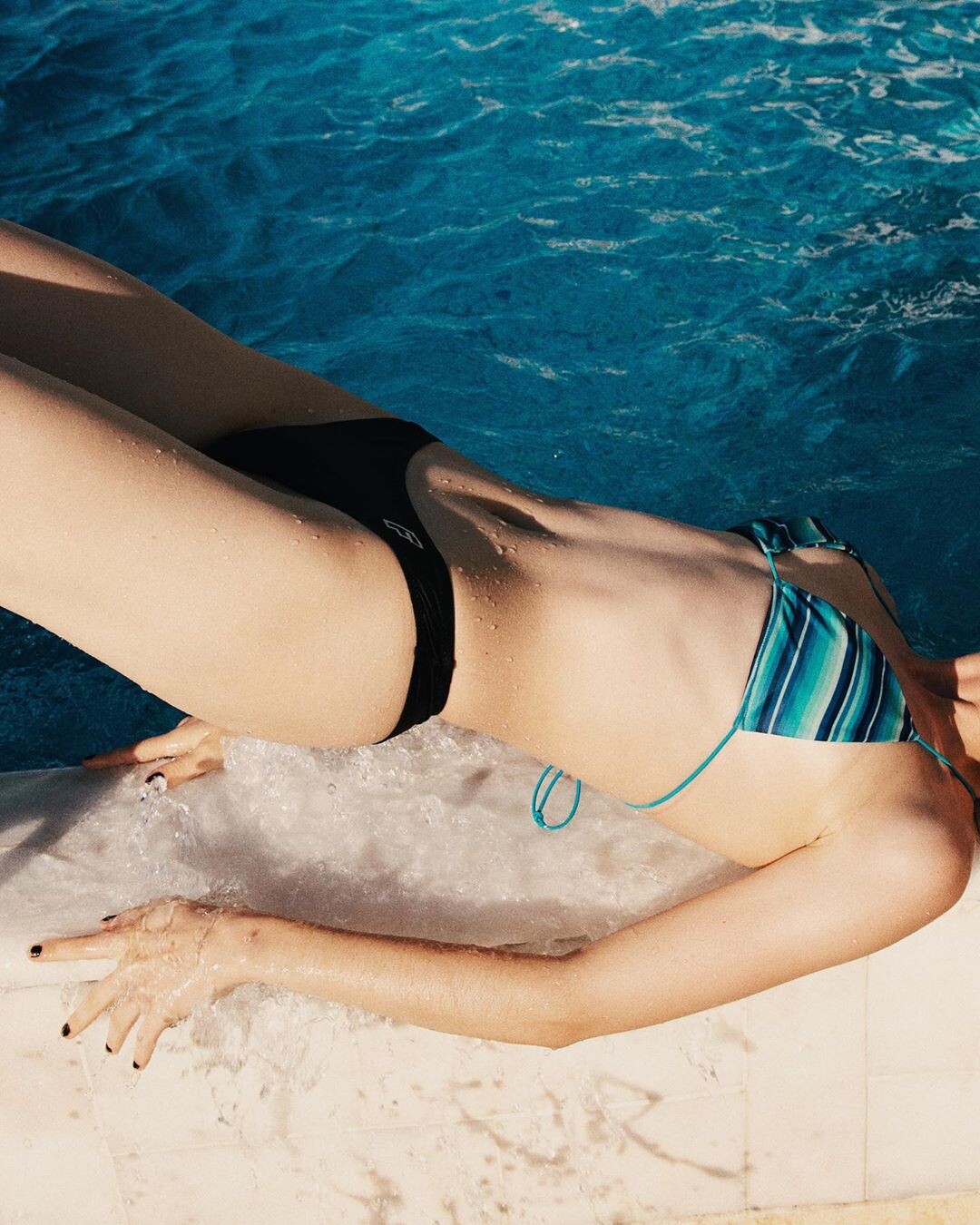
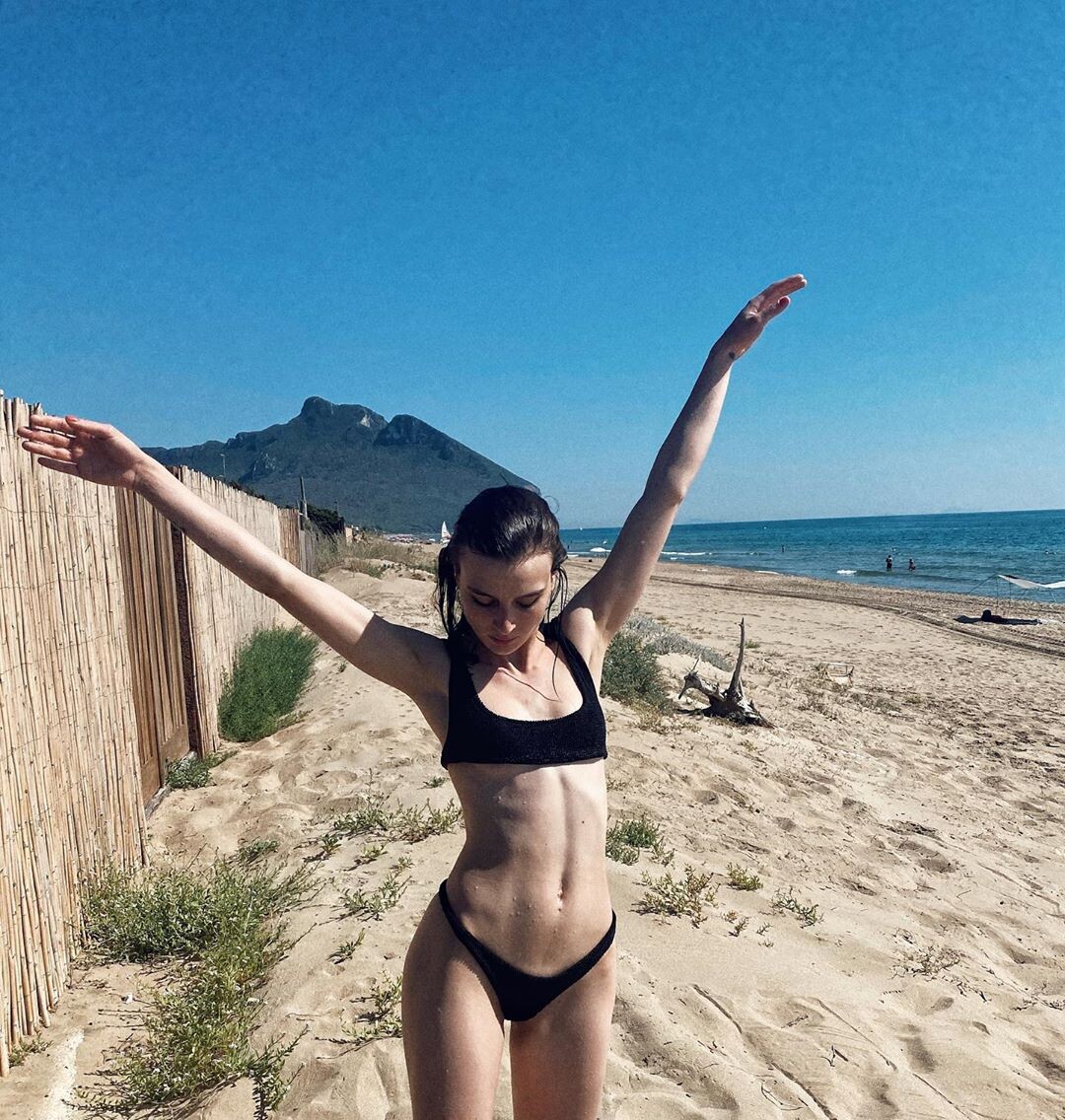
Her relationship with fame is equally intriguing. She treats it as a byproduct, not the goal. In conversations about her career, she often highlights the importance of staying grounded and protecting her creative energy. Fame, she’s said, can be fleeting — but art, honesty, and individuality endure. It’s a perspective that sets her apart from many of her peers. Rather than chasing trends, she’s cultivating longevity through integrity. That sense of purpose is likely why her influence continues to grow, not just among fans but within the creative industry as a whole.
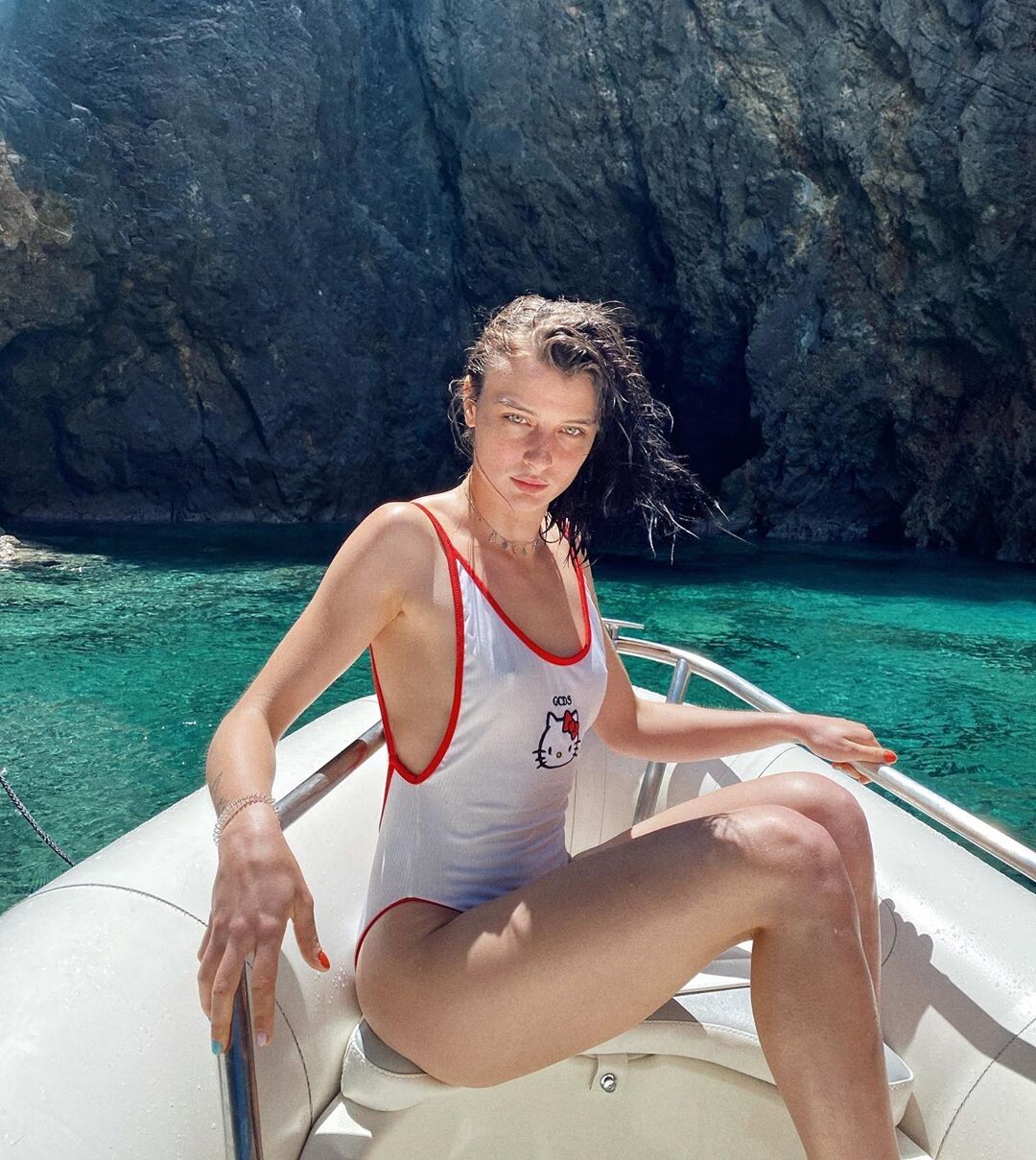

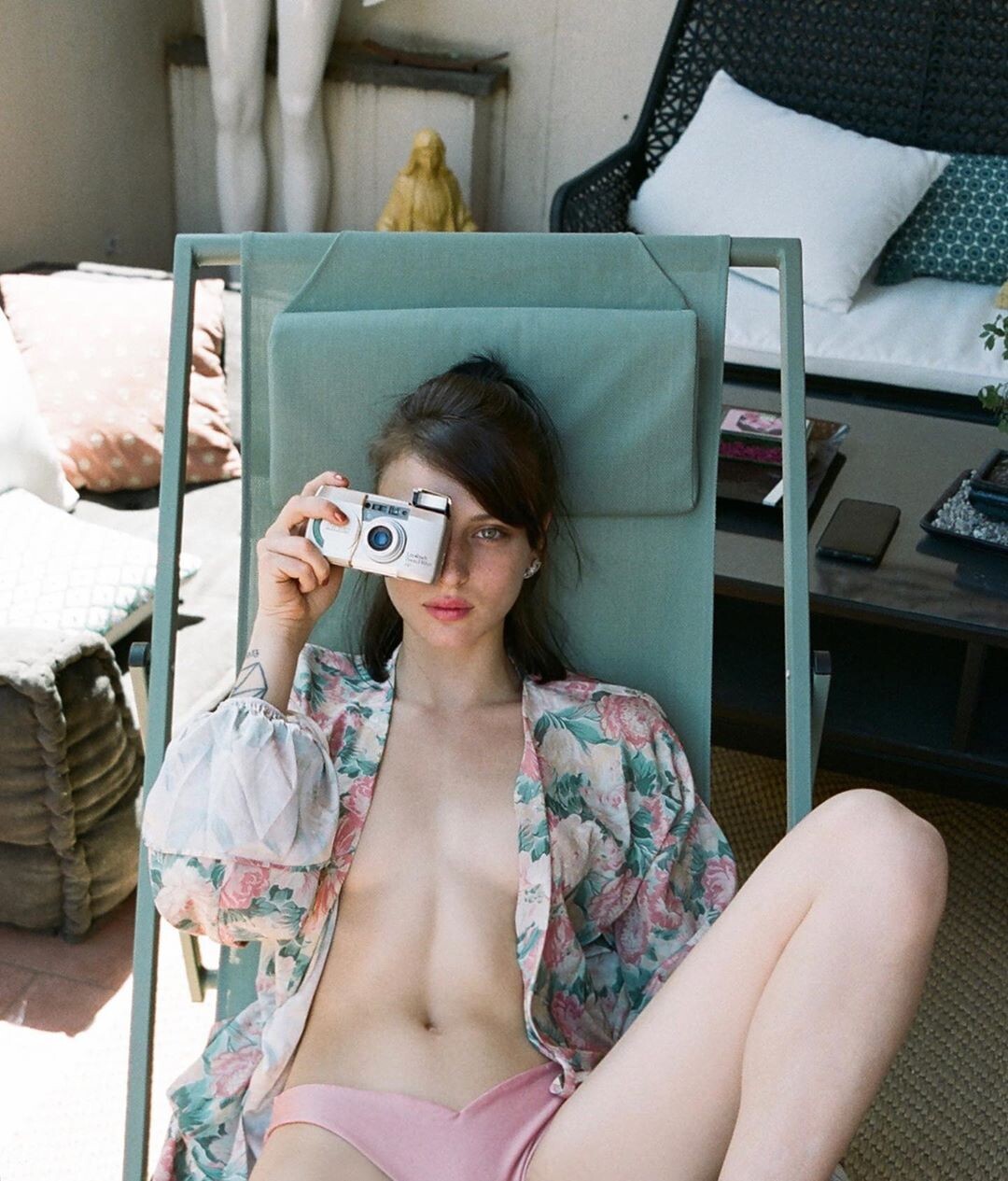
There’s also a magnetic vulnerability in how she shares her personal philosophy. She doesn’t shy away from introspection or from acknowledging the emotional weight that comes with being in the public eye. That openness makes her relatable, even to those far outside the entertainment world. It’s the same quality that made her performances so resonant — an unfiltered connection that feels deeply human.



As Alice Pagani continues to evolve, one thing is clear: she’s not interested in being predictable. Each new project she takes on seems to challenge both herself and her audience. Whether she’s embodying a rebellious teenager, a complex anti-heroine, or stepping into the role of a muse in a fashion campaign, she brings the same commitment to truth and transformation. Her career trajectory suggests that her best work is still ahead of her — that she’s just beginning to tap into her full potential as an artist and cultural figure.
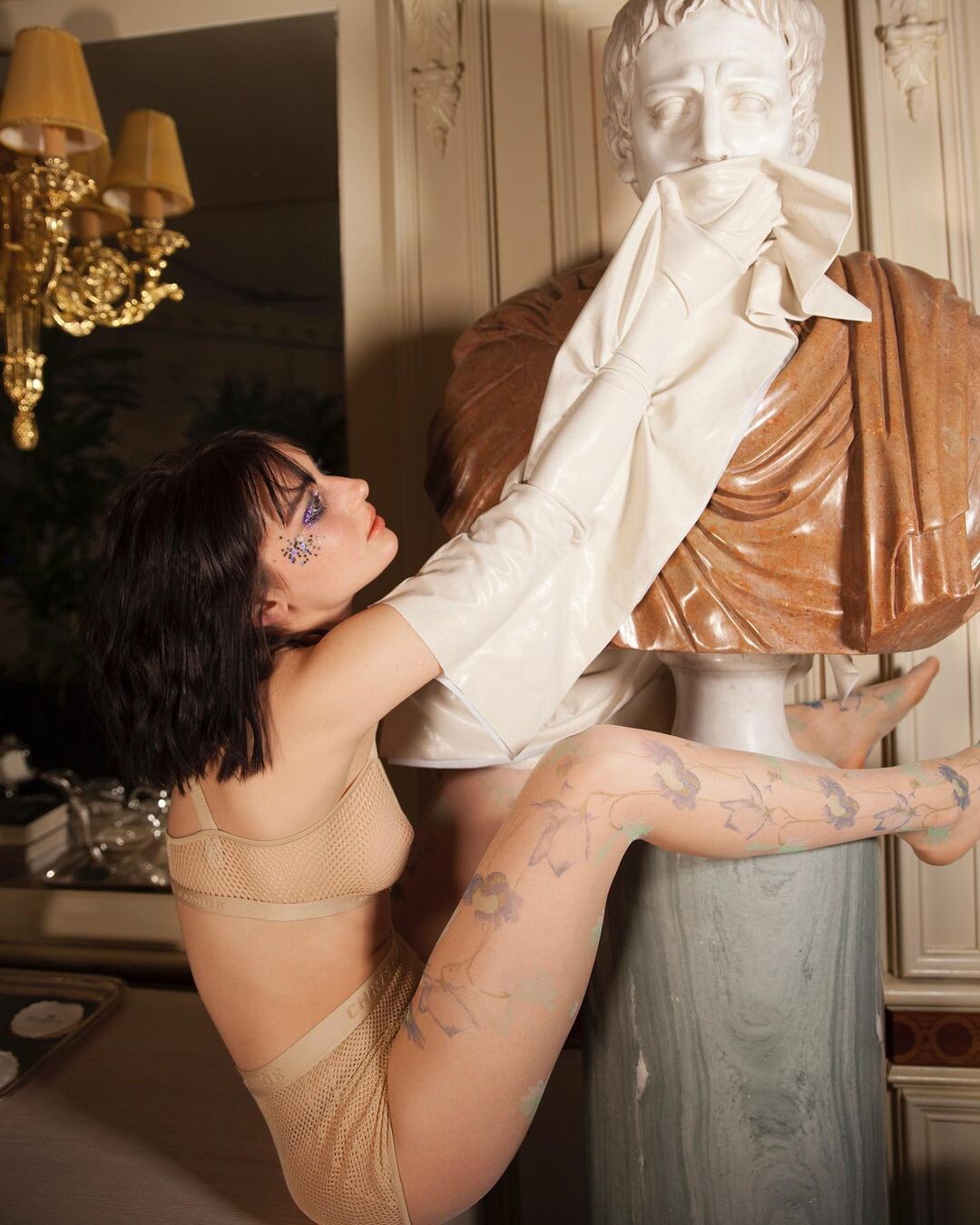
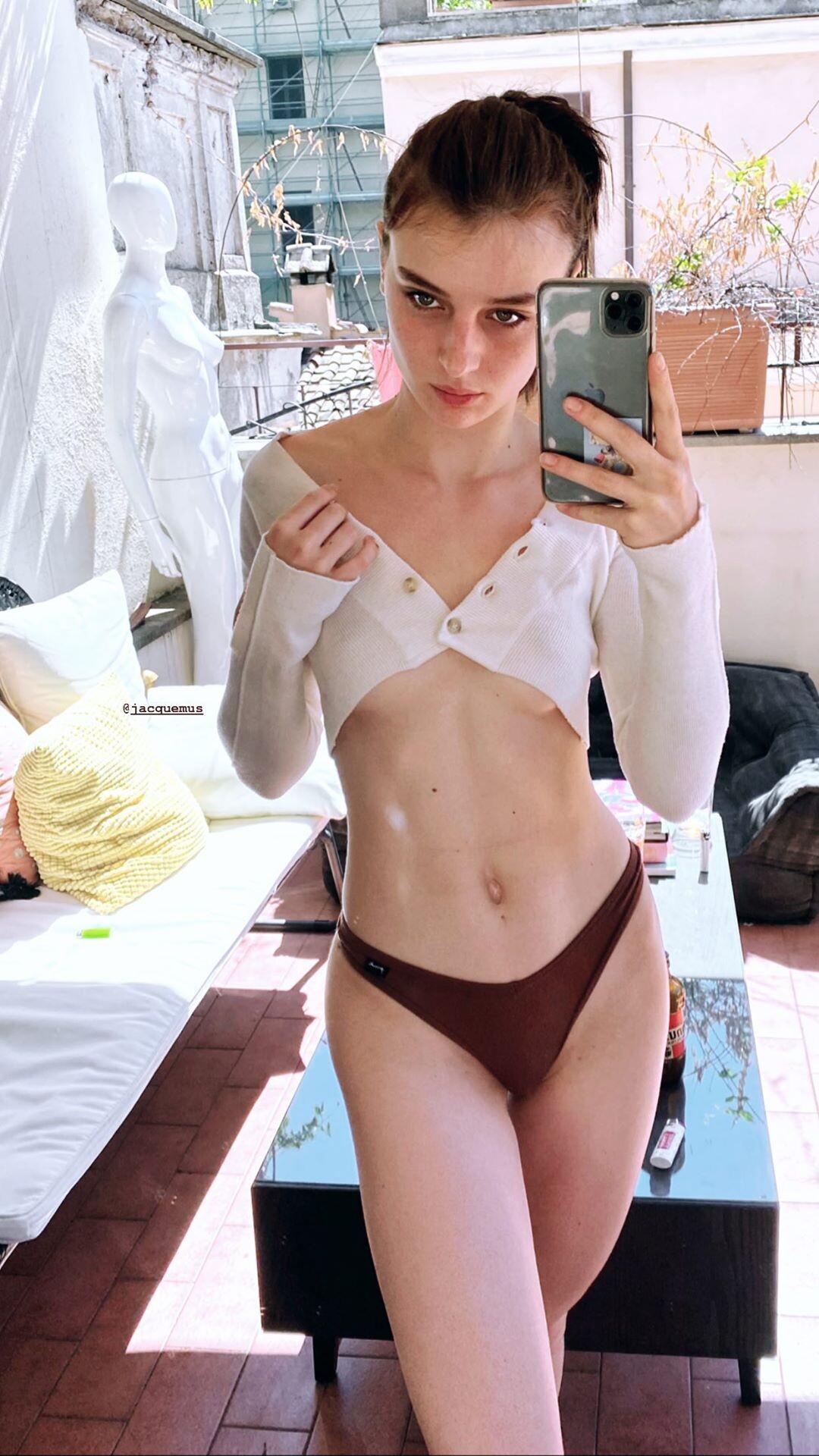

In a time when celebrity often feels manufactured, Alice Pagani stands out for her sincerity. She’s not selling an image — she’s sharing a perspective. Her rise isn’t just about fame; it’s about finding her voice and using it fearlessly. She represents a generation of artists who are rewriting what it means to be successful: not by following expectations, but by dismantling them.
Alice Pagani’s ascent in the world of film and fashion proves that authenticity still matters. She’s proof that you don’t need to fit into a mold to shine — you just need the courage to be yourself. And as her career continues to unfold, one thing is certain: she’s not only one of Italy’s boldest new stars but also one of its most inspiring.



